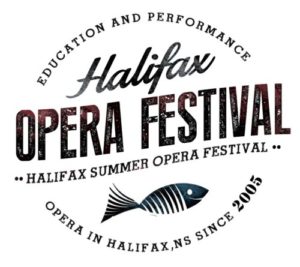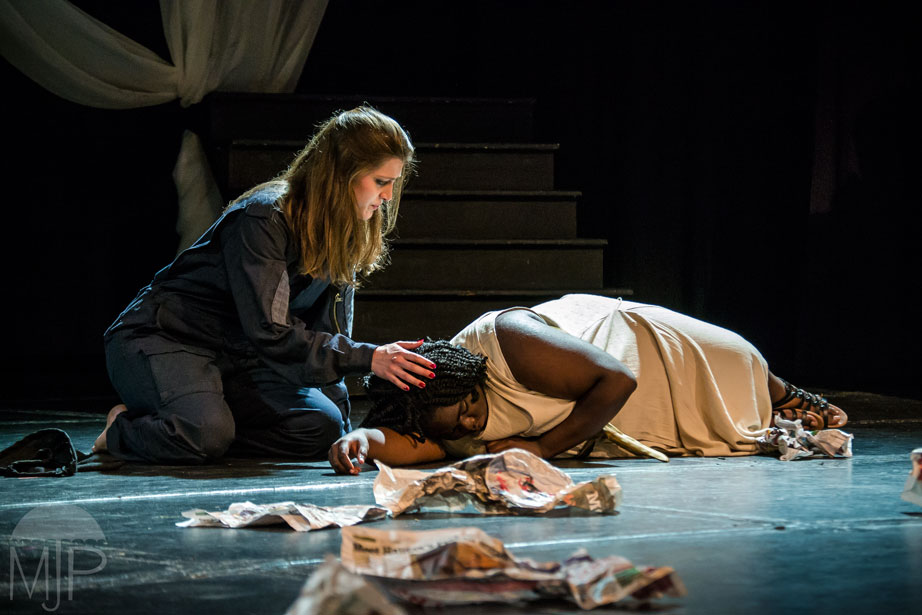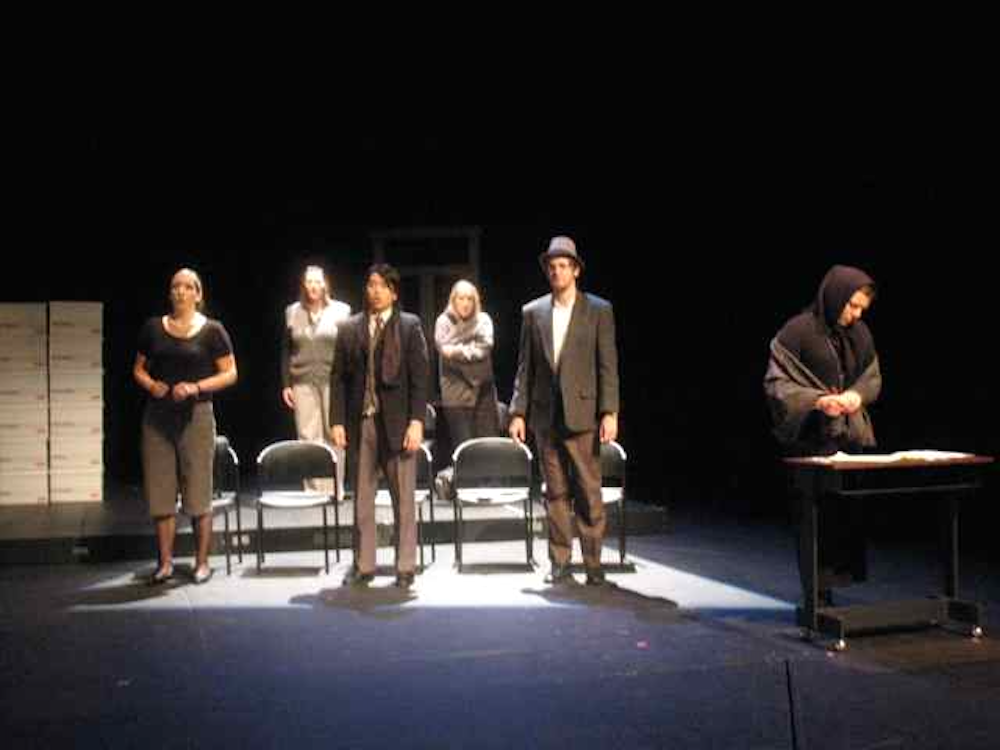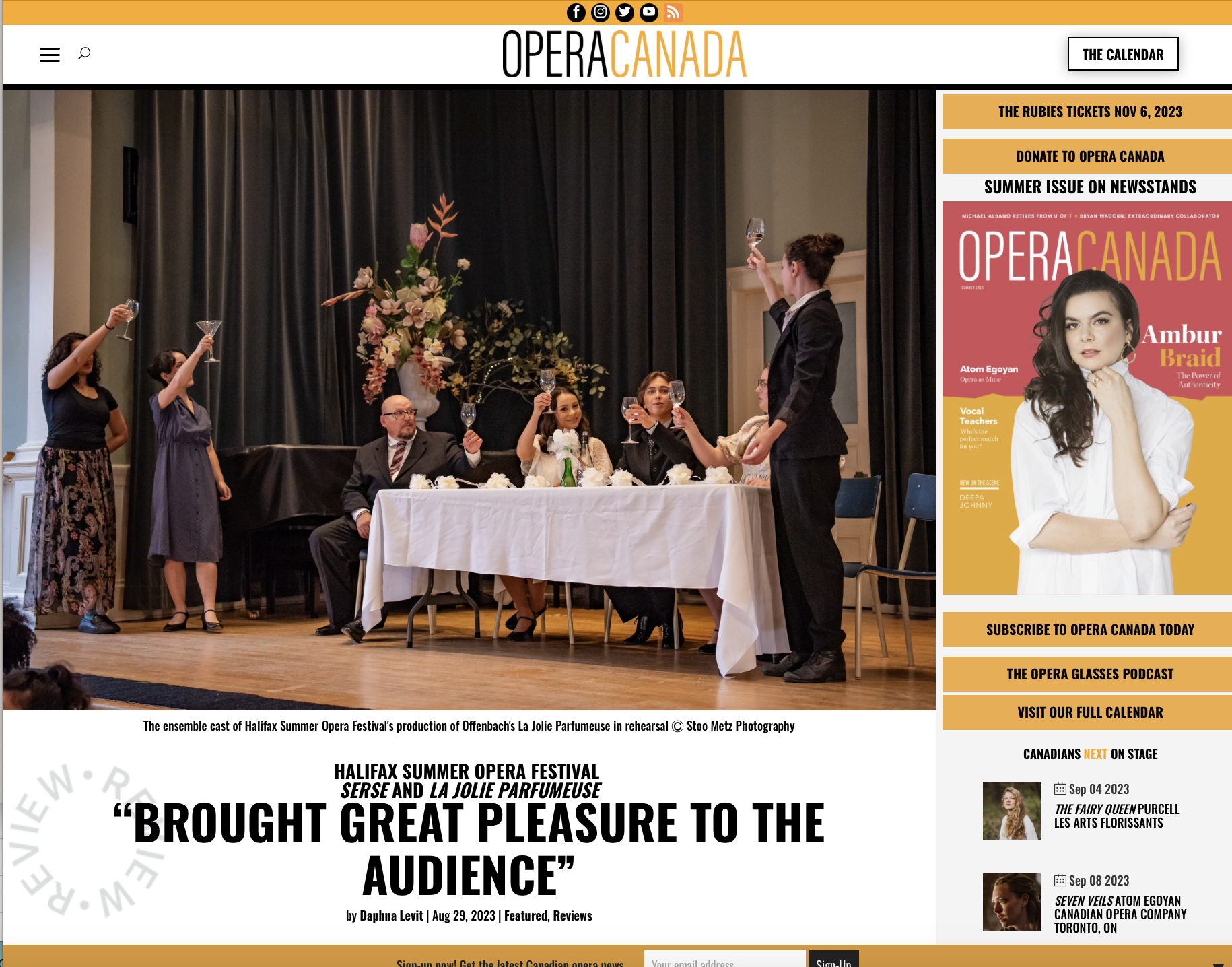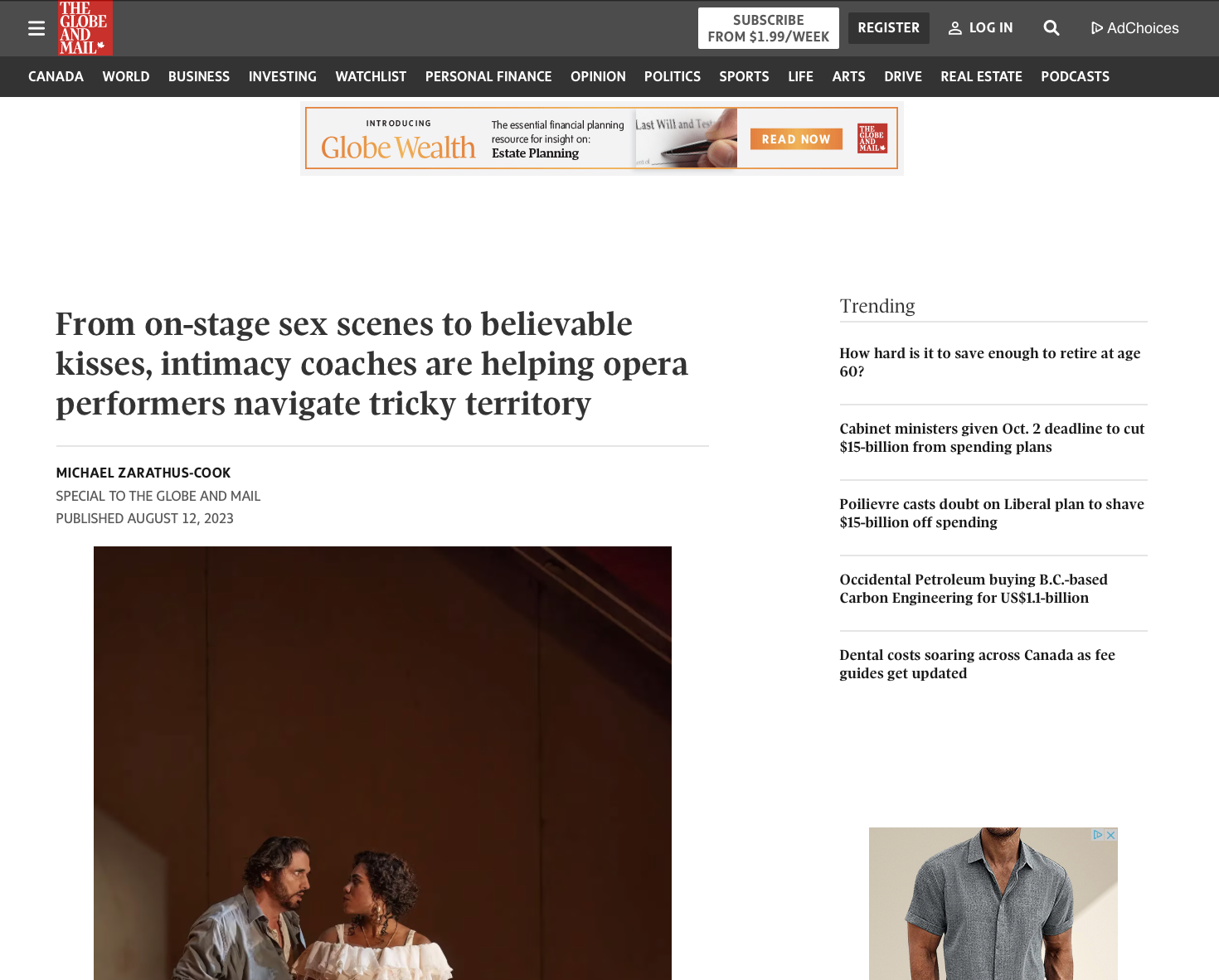Guest post by Neil Reimer
Apologies for the title. However, it does summarize my point in writing this entry to HSOW’s blog page. As a cast member in this year’s production of A Midsummer Night’s Dream (I play Demetrius, one of the four lovers), I have been struck by the uniqueness of this opera and have begun to wonder about its effect on me.
Every opera – every work of art, whether painting, sculpture, novel, etc. – creates a world which we are invited to enter, either as performer or audience member. Some operas (Eugene Onegin comes to mind) are relatively realistic and the parallels to our own lives are easily understood. Others are more fantastical, either by the scale of the human events they portray (hello, Aida) or by the creation of a world that is very far removed from our own. A Midsummer Night’s Dream is one of the latter.
Learning a role with text written by William Shakespeare (or the Earl of Oxford, or Francis Bacon – but we won’t get into that now) is both a privilege and a challenge. The privilege part should be obvious, for the English of Shakespeare is a great gift. The challenge is linguistic in two ways. First, there is the Elizabethan syntax, which includes phrases such as “When we have chid the hasty-footed time for parting us.” This is difficult for the modern tongue to speak and the ear to hear. When this text is married to Britten’s challenging musical language, which includes a great deal of angular, chromatic phrases and complex rhythms, the singer is quickly aware that numerous hours will be spent in the practice room, and then more with one’s colleagues for ensemble scenes, where the complexity is multiplied. (Another example, picked almost at random: during the lovers’ quarrel scene, Lysander in his rejection of Hermia sings, “Out loathed medicine, hated potion, hence” in a string of sixteenth-notes running up to a high G, in the space of about two seconds. And the six Rustics, or Mechanicals, have some incredibly fast, overlapping dialogue.)
But of course every opera has its musical challenges, and this is not actually my point in writing.
What has been growing inside me as we have moved further into our rehearsals and refined our work is just how far away the world of this Dream is from the everyday lives we live today. In a way that’s obvious and it’s not like we expect to see fairies when we go for a walk in the woods (and probably wouldn’t want to, either, as they are not always benevolent), but it seems to me that it was not that many generations ago that there was a much closer connection between the human, natural and supernatural worlds.
This is the deal we have made, it seems: our technological culture lets us do many things, but more and more it structures how we think and interact with each other, i.e remotely and through somebody’s software. Some might debate this, but it seems to me that there is a lot less imagination required to play a video game or post things on Facebook than to invest oneself in a novel or opera. We must continue to invest; that’s the only way to get a meaningful return.
In my day job I’m a policy analyst for the B.C. Justice Ministry. I help to write laws. And the world needs laws in order to function with some order, so I make no apologies for that because it’s necessary. But how different to be Demetrius, running through the forest at night, chasing Hermia and being chased by Helena, enraged, despairing, transformed by the interventions of the fairies and eventually at peace. All this for the purpose of portraying the mad urgings of love and being toyed with by forces beyond one’s control. At some point in our lives, we will all feel this way. Hence the purpose in going through it on stage. I don’t think I have a lot in common with Demetrius, but I think I understand him, and as it’s often said, if actors can’t find something of themselves in a character they play, then they have failed.
So, yes: dare to dream. It’s very important that we continue to imagine different worlds, or we’ll likely be stuck with one we don’t care for. And with this Dream we can inhabit one in which fairies sing, in a final beautiful chorus:
Hand in hand, with fairy grace,
Will we sing, and bless this place.
Now until the break of day,
Through this house each Fairy stray….
So shall all the couples three,
Ever true in loving be.
With this field-dew consecrate,
Ev’ry fairy take his gait,
And each sev’ral chamber bless,
Through this Palace with sweet peace.
As artists (and no less as audiences), the ability to wonder is our opportunity, and our responsibility.
